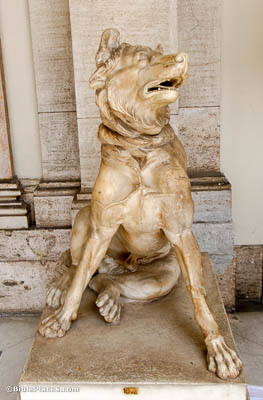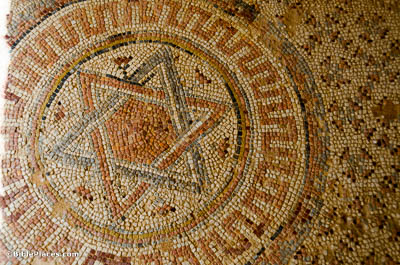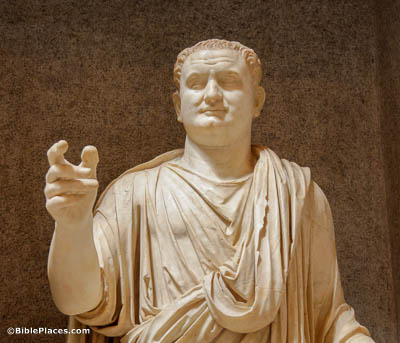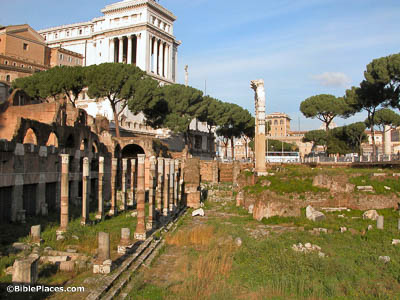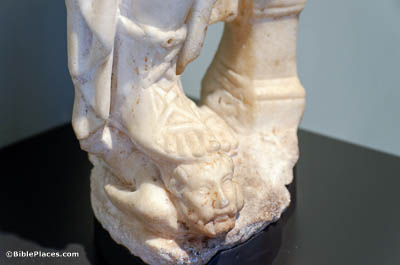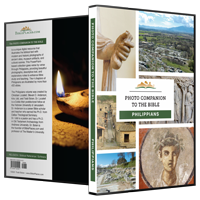Beware of the dogs (Philippians 3:2).
To be called a “dog” was an insult in Paul’s day (e.g., Matt 7:6; Rev 22:15; cf. 2 Sam 3:8; 16:9; Pss 22:16, 20; 59:6, 14; Prov 26:11). The term “dog” was also used for self-deprecation (e.g., 2 Sam 9:8). It was used among Jews to refer to Gentiles as outside the covenant community (e.g., Matt 15:21-28). This may have drawn upon the fact that dogs ate “unclean” food (e.g., Prov 26:11). In light of Philippians 3:3, this seems to be precisely how Paul intended it to be taken when he called the Judaizers “dogs.” It was the Judaizers themselves who were outside of God’s covenant people since, in seeking to establish their own righteousness on the basis of works, they rejected Christ’s righteousness. This sculpture is considered to be an imperial Roman copy of an original from the 3rd century BC.
